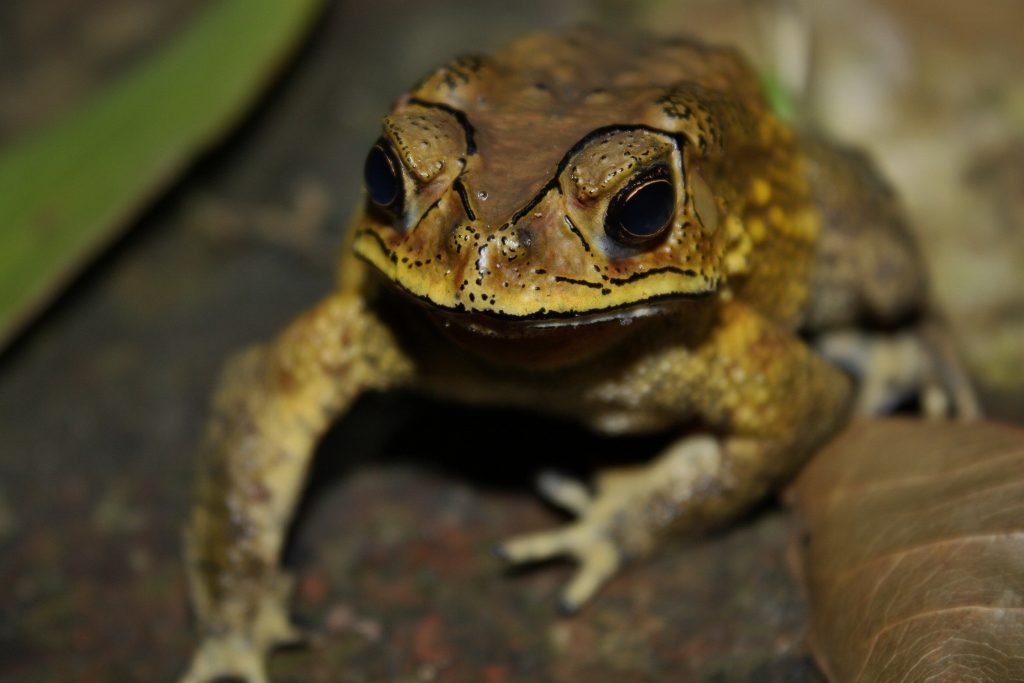We like to assure ourselves that even the most seemingly insignificant people can change the world. This comforting and inspiring message is the theme of countless children’s stories and motivational posters. It turns out it’s true, but decidedly not comforting. A plague of toxic toads on Madagascar is teaching us that humans have astonishing power, especially in our moments of greatest stupidity.
In 2014, researchers discovered that Duttaphrynus melanostictus, the Asian common toad, had reached Madagascar. The invasive toad secretes a toxic slime, posing a significant threat to the island’s native wildlife. Biologists called for immediate action, but the response was insufficient, and the species has been spreading across the island.
A recent study analyzed the DNA of a broad selection of species native to Madagascar. It confirms scientists’ fears: Nearly all the vertebrates surveyed — including the island’s famous lemurs — are vulnerable to the toad’s toxins. Only the white-tailed antsangy, a rodent, has genetic traits that strongly imply resistance to the toad’s poison.
There is very little to check the Asian common toad’s expansion, allowing it to push many of Madagascar’s already struggling species toward extinction. This isn’t a problem nature can work out on its own.
Scientists don’t know exactly how the toxic invaders arrived. Initial sightings near a seaport suggest the toads may have come from Asia in shipping containers. We’ll probably never know the full story , but one thing’s painfully clear: The toads aren’t to blame. Instead, it’s likely that some human made a singular stupid mistake. To the casual observer, a handful of cute little toads in a shipping container hardly looks like a powerful ecological weapon. But here we are.
The toads have already spread across a 350-kilometer stretch of Madagascar’s coast. According to one scientist, stopping the alien species would cost “millions and millions of dollars.”
Every week, as the toads multiply, the chances of eradicating them from the island fade.
The increasing cost of intervention will make action less attractive. Unless governments and conservationists make a herculean effort to remove the toads soon, much of Madagascar’s unique wildlife will perish simply because some guy in Asia accidentally put some toads on a ship.
To prevent these catastrophic screw-ups in the future, humans need to understand something: Madagascar’s plight is not unique. The same drama has been unfolding across Australia since 1935. In that case, toxic cane toads spread across the country and threatened predators. Efforts to eradicate the infestation — which originated from only about 100 toads — have proven futile.
Maybe, not too far in the future, when Madagascar is a lemur-less, toad-infested toxic slime island, us humans will start taking our ecological power seriously. We might finally learn that, in the Anthropocene, your stupidest mistake could change the world. Sounds comforting.



